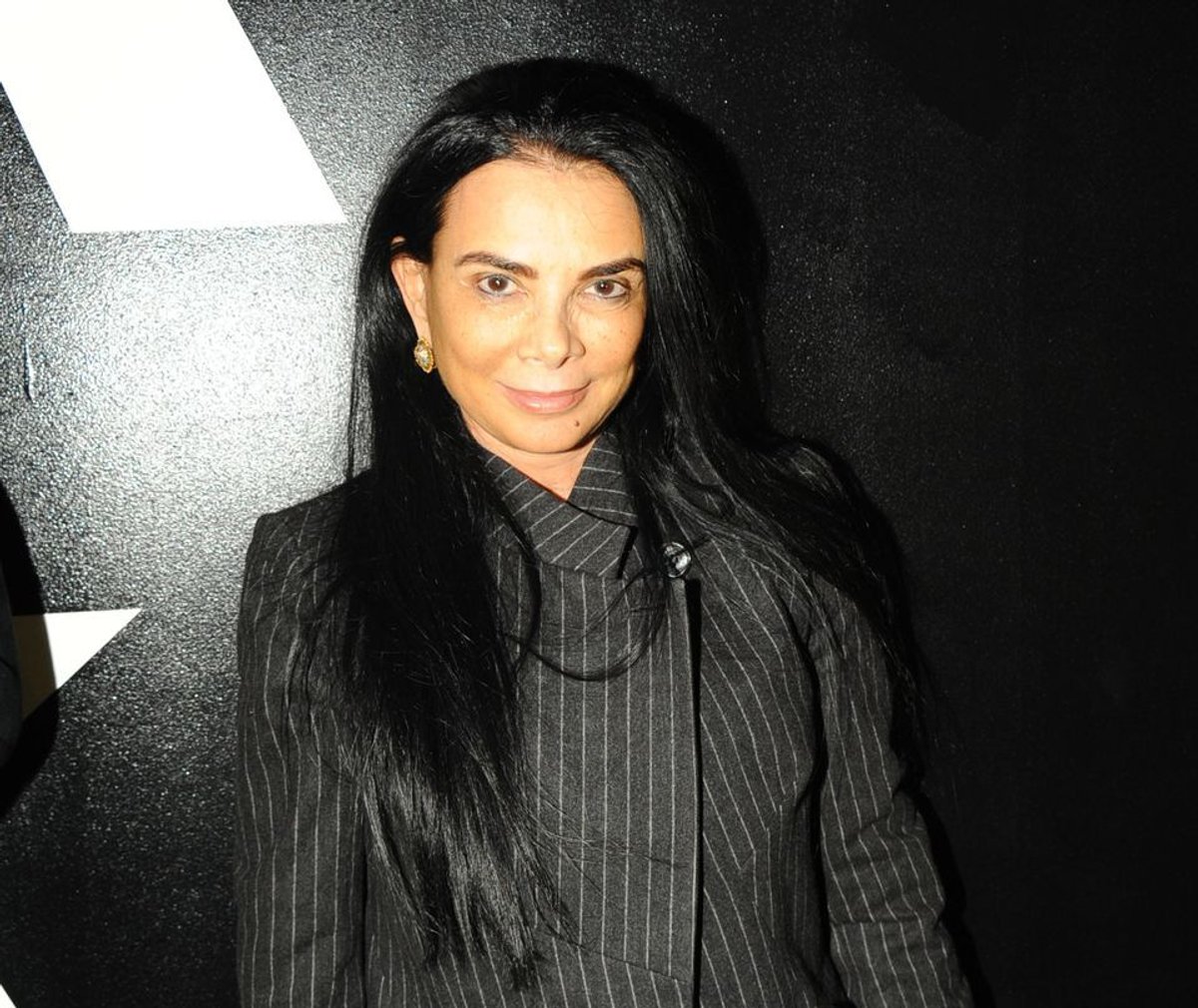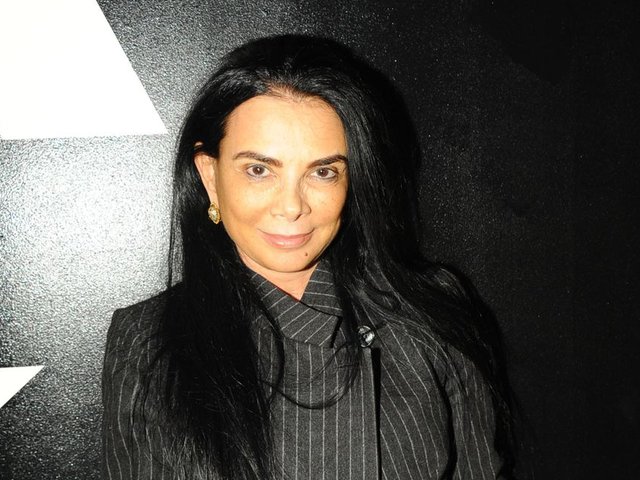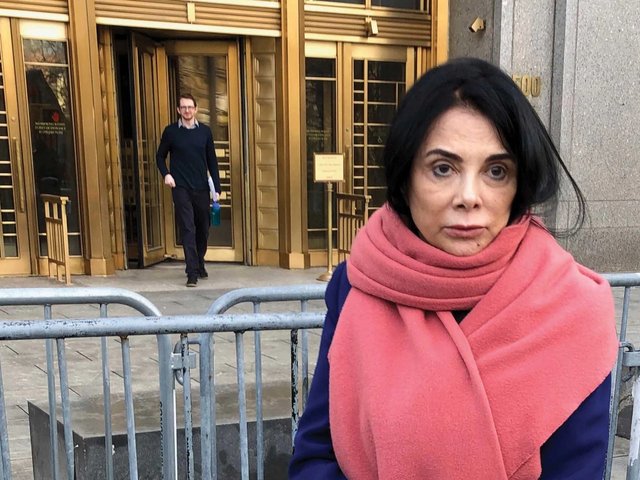The Manhattan art dealer Mary Boone, 67, will close her two eponymous gallery locations after being sentenced to 30 months in prison and 180 subsequent hours of community service by the New York Southern District Court on 14 February for two counts of tax fraud.
The final exhibitions at the galleries—Julia Wachtel at her Chelsea location and Derrick Adams in her 5th Avenue Midtown space—will open in March and close 27 April as planned. Boone has been ordered to surrender herself to authorities by or before 15 May.
Hers is one of the highest profile criminal cases to rock the New York art world in recent years. Judge Alvin Hellerstein cited the “long and studied nature” of Boone’s crimes in his decision to enforce a sizeable prison term. “In 50 years of practice, this is the highest sentence in a tax case one of my clients has ever received,” Robert Fink, Boone’s lawyer, tells The Art Newspaper, adding that the judge likely wanted to set an “example” with her jail terms.
Once referred to as the “new queen of the art scene”, Boone has been a polemically brazen figure since the late 1970s, championing artists such as Jean-Michel Basquiat and Ross Bleckner. In a statement to ARTnews regarding her galleries’ closure, she says: “I had 49 wonderful years in art. If I’m going to be the Martha Stewart of the art world, I would hope to do it with the same humility, humour, grace, and intelligence that she did."
What makes the case more notable is that women are still rarely convicted for serious “white-collar” financial crime. Mary Dodge, a professor at the University of Colorado Denver’s school of public affairs who specialises in gender studies and criminology, says “there’s simply a lack of data on women even committing crimes since they’ve had far fewer opportunities to at such a high executive level”. However, she adds that the media tends to treat women involved in such cases “much differently” since there is a higher expectation for women to act within a more tightly regulated moral code, citing examples such as Stewart's intensely-watched felony trial in 2004, as well as the 2002 Sotheby’s price-fixing scheme that saw Diana D. Brooks, the former chief executive and the first woman to head a leading auction house, branded as a “barracuda” in the New York Post after her sentencing.
In September 2018, Boone pleaded guilty to charges pressed by the US government after she falsely claimed around $1.28m in personal expenses as tax-deductible business expenses in 2011. She allegedly also engaged in similar fraudulent behaviour in 2009 and 2010, resulting in tax losses totalling over $3m, according to the New York dealer sentenced for tax fraud Internal Revenue Service (IRS).
During the sentence hearing, Fink appealed for leniency from the judge, citing more than 100 supportive character references and a psychological evaluation suggesting pre-existing alcoholism and drug abuse factored into Boone’s indiscretions, as well as mental illness including acute anxiety. Yet prosecutors had pointed to the many personal expenses Boone falsely claimed as business deductions, including $793,000 on a remodel of her Manhattan apartment and nearly $50,000 in luxury shopping trips and beauty salon treatments. Judge Hellerstein responded: “[w]hat’s the illness that causes people to steal?”




